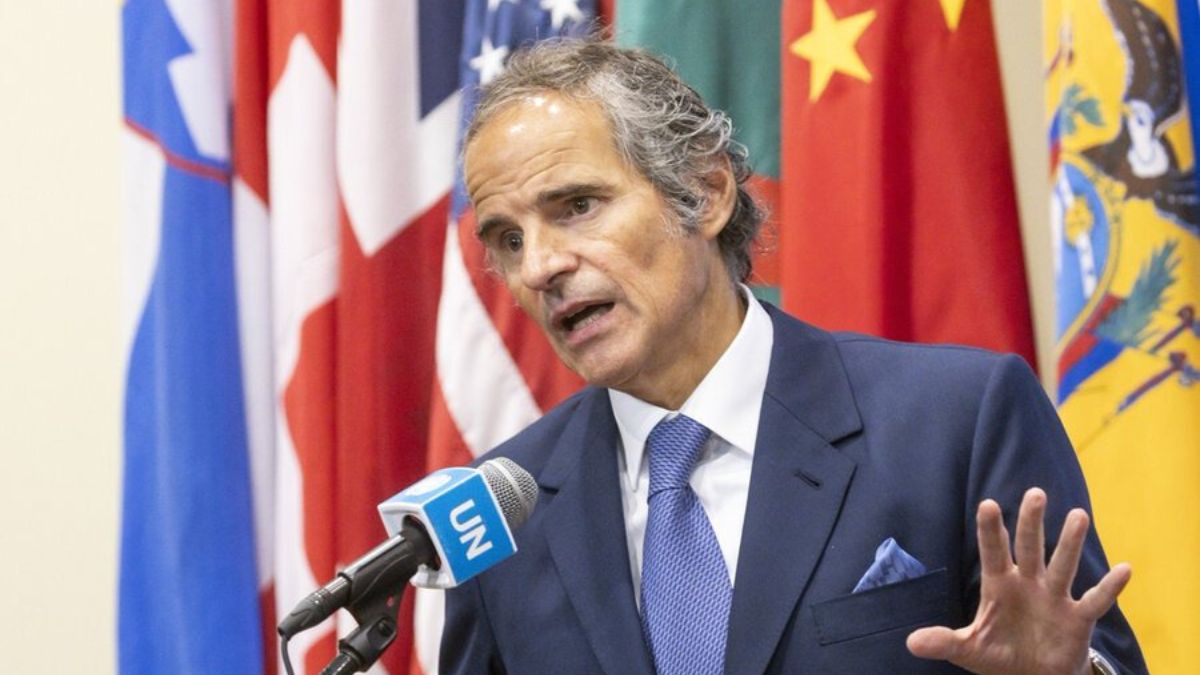In a recent statement, South Korea emphasized the importance of North Korea’s denuclearization. This comes in response to remarks made by the head of the International Atomic Energy Agency (IAEA), Rafael Grossi, who expressed concerns over North Korea’s ongoing nuclear activities.
During a press conference, South Korean officials highlighted that North Korea’s nuclear weapons pose a serious threat not only to the Korean Peninsula but also to global security. They reiterated their commitment to a diplomatic approach aimed at denuclearizing the North. South Korea’s position aligns with the United States and other allies who seek a peaceful resolution to the tensions on the peninsula.
Grossi’s comments have raised alarms about North Korea’s advancements in its nuclear program. He noted that the country continues to develop its nuclear capabilities, which undermines efforts for disarmament. This situation has prompted South Korea to call for renewed international attention and cooperation in addressing the issue.
The South Korean government is working closely with the United States and other nations to find ways to encourage North Korea to return to negotiations. They believe that diplomatic dialogue is essential for reducing tensions and achieving lasting peace in the region.
Experts warn that without meaningful dialogue, the risk of military confrontation could increase. South Korea is urging the international community to remain united in its efforts to engage North Korea and press for denuclearization.
Thus, South Korea is firmly reiterating its stance on North Korea’s denuclearization, especially following the IAEA chief’s worrying remarks. The South Korean government is committed to working with its allies to pursue peaceful solutions while ensuring the safety and security of the region. The hope is that diplomatic efforts will eventually lead to a reduction in nuclear threats and pave the way for stability on the Korean Peninsula.

